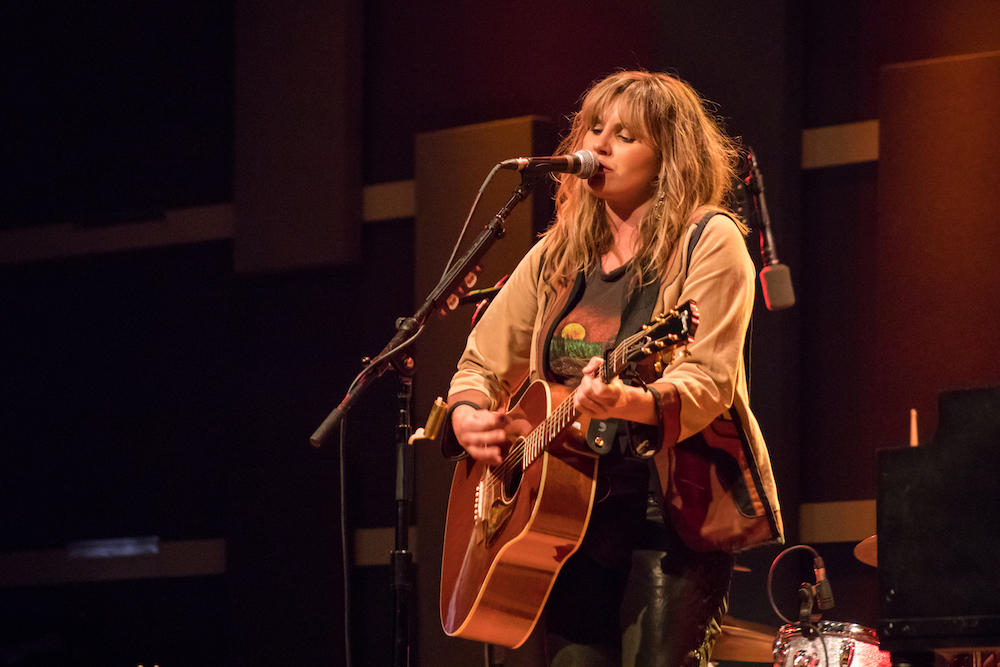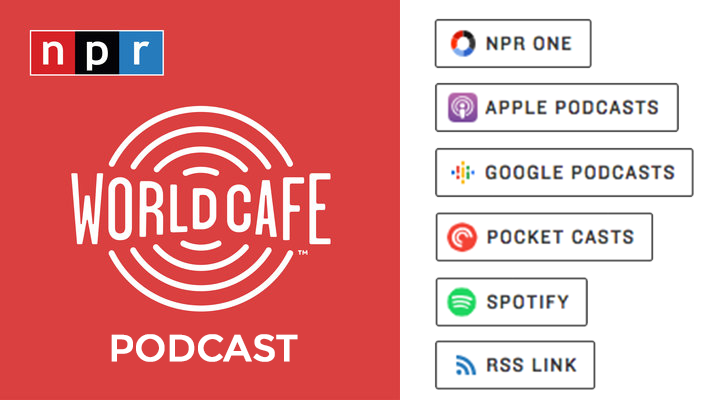A Letter To The Press that our friend, Tracy Bonham is considering sending
Tracy Bonham has some good questions for people:
In case that link doesn’t work, here’s the letter. I guess Tracy (who we at Joe’s Pub adore) wants input on whether or not to send the letter on. What do you think?
To whom it may concern,
I’ve been seeing my name in the press lately. I admit, I am benefitting from another woman’s current success. My name is Tracy Bonham, and I am the last woman to have a number onesingle on Billboard’s Nielsen-BDS based Alternative Song Chart, until this year when Lorde’s song, Royals,reached number one and has remained for 6 weeks.
It would never have occurred to me that my name would appear so frequently alongside Lorde’s. To the music establishment, we represent different musical generations, one eminently market-worthy, one marginal. We sound different, grew up in different countries in different decades, but one thing connects our names, albeit parenthetically: we are the last two solo women to hold number one on the same chart. There is no real story there. The real story lies in how and why it took so long for a strong solo female artist to, once again, hold rank at number one. Don’t you think?
With the publicity machine at work, a minor historical event is made newsworthy, and I benefit: Lorde is the first woman as a solo artist since 1996 to have a number one single on the Alternative Song Chart. The last woman to achieve such high rank was myself, with my song Mother Mother. The success of Mother Mothercan not be compared with Lorde’s massive hit Royals, currently crossing formats beyond Alternative Radio. But around this time 17 years ago, the year Lorde was born, I was getting my outfit ready for the Grammys as, I assume, Lorde is doing now. Congratulations to you, Lorde (aka Ella).
It is surprising to most that it took so long for another female solo artist to top the Alternative Chart. However, I am not at all surprised by this. In 1996, it seemed to me that nobody in the music business, or in the press for that matter, was particularly comfortable with the idea that a strong woman could claim such high ranks for too long. We made some noise, admittedly. Before me, Alanis Morissette had a number one single on the same chart. Before Alanis, the less edgy, Tori Amos. Before Tori, Suzanne Vega. It all semed to come to a head in 1997 with the first Lillith Fair tour.
I was already used to the question “what does it mean to be a woman in rock?”. But when Lillith started it was the press’s idee fixe. The question itself implied that this was a temporary engagement. Women in rock? Chrissie Hynde,
Deborah Harry, Patti Smith: were they asked the same question?
Laurie Anderson once told me, in 1999, that I needed to dress in pink with a short mini-skirt the next time I had a meeting in the “war room” on the upper floors of the World Wide Plaza building (where my former record label held their offices). At the time I had no idea what she was trying to tell me. But I realize she was telling me to give them what “they” wanted so I could shut them up and go about my business making my music. It didn’t work. Maybe because I didn’t wear the skirt. Or maybe because the music business was about to change forever.
Cut to today – Lorde is a smart 17 year old with a bright future ahead of her. She has the internet, as we have seen, is in her blood. She can sing. She can write. She already has what it takes to be a real artist, alternative or otherwise. Will the press allow her to be who she is? Will the music business support who she is after her successful debut? I would love to create an open dialogue –
1. How much of women’s lack of alt chart dominance is a matter of female consumer habits? Is it that girls/women who buy music prefer male pop stars?
2. Is it that women aren’t allowed or encouraged to have vision and, as such, the lucky ones end up with a sort of cosmetic face and voice of manufactured pop stardom?
3. Are women discouraged, disproportionately, from saying intelligent things in pop music? Or are we seeing a change since Lorde’s song, once alternative, is now becoming a pop sensation?
4. Did women become too loud and too edgy in 1996 -1997 and did we burst our own bubble?
Was there a backlash?
I would love to know what people think about any and all of this. I am not claiming to be an expert. I am just an artist caught up in the
hype – old hype, new hype.
Enjoying the hype,
Tracy Bonham


